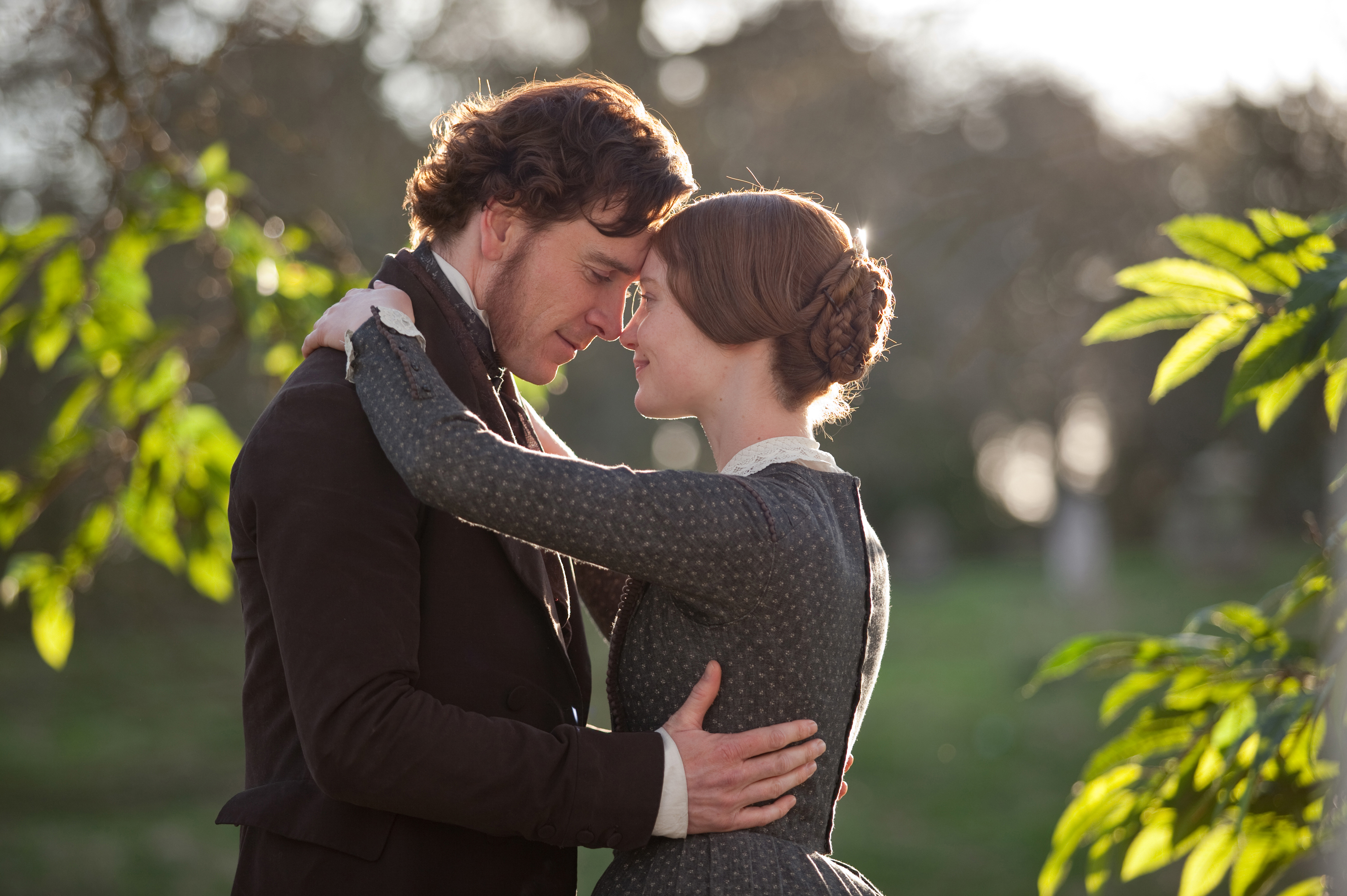The need to tell the story of Jane Eyre and her romance with her brooding employer Mr. Rochester is an itch that has been scratched time and again. With more than two dozen adaptations, there’s something about the romance and intrigue of Charlotte Bronte’s classic 19th-century novel that keeps filmmakers coming back for more.
Focus Features’ newest adaptation (directed by Cary Joji Fukunaga, “Sin Nombre”) does little to shake up the telling of “Jane Eyre,” despite an impressive cast and a score by Academy Award-winning composer Dario Marianelli (“Atonement”). While overall an entertaining film that embraces the darker aspects of the classic novel, this adaptation seems to be more about Jane’s own story than her romance with Mr. Rochester, leaving something wanting in the end.
The film begins at the end of the story, as a bereaved Jane (Mia Wasikowska) flees from Thornfield Hall. She ends up lost on the moors of 19th-century England, where she is saved by St. John and his two sisters. The sisters’ attempts at discovering Jane’s identity are spliced between flashbacks of her cold Aunt Reed (Sally Hawkins) sending her away to Lowood, the abusive all-girls boarding school.
Eventually the story returns to the beginning, as Jane is grown and ready to leave Lowood for a governess position at Thornfield Hall, where she will work for Mr. Rochester (Michael Fassbender). From there the question of how she ended up nearly dead on the moors hangs over the story, and the romance between the two begins ““ sort of.
While the film manages to condense much of the beginning and end of the 400-page novel, there’s simply not enough time in the middle to flesh out the romance between Jane and Mr. Rochester.
Both Wasikowska and Fassbender’s portrayals of their respective characters are impressive, but their interactions are lacking the necessary chemistry. The proposal seems abrupt, but even more abrupt is Jane’s acceptance. It’s as if they each have their own stories that overshadow the fact that they are supposed to be in love with each other.
Wasikowska’s Jane is more fiery and passionate about life than past portrayals, which can probably be attributed to Wasikowska’s young age. Fassbender’s Mr. Rochester is a deeply introspective man living with the consequences of an event that took place during his younger years. He looks for reprieve in the “pure” soul of Jane, a job she doesn’t find worth sacrificing her own ideals and self-worth for.
Their respective stories rely on each other to take place, but they seem to be on parallel tracks. They come close, but they never fully meet. It’s as if this Jane and this Mr. Rochester have trouble occupying the same place romantically.
Maybe their romance can’t be told in the amount of time a movie allots. There’s something about the strangeness of a wealthy employer falling desperately in love with his governess that requires more time to breathe on-screen in order to be believable.
However, the movie is called “Jane Eyre,” and it seems to tell that part of the story best. Jane isn’t a woman, wise with years of experience ready to take on anything that comes her way. Rather she is an 18-year-old girl, trying to figure out life with the bit of experience she does possess. Wasikowska accomplishes this in a way that makes you really feel for Jane as her world seems to fall apart.
Other standout performances include Judi Dench as the elder housekeeper Mrs. Fairfax, who, in so few words and glances, saves the audience from losing sight of how the romance between Jane and Mr. Rochester is pushing against social norms. Jamie Bell (“Billy Elliot”) is spot-on as the austere St. John, even if his screen time is limited.
Overall the film is entertaining and the acting impressive, but the central story, the romance between Jane and Mr. Rochester, ends without that feeling of satisfaction. However much I enjoyed elements of the story, I can’t help but wish I could have spent more time at Thornfield.
